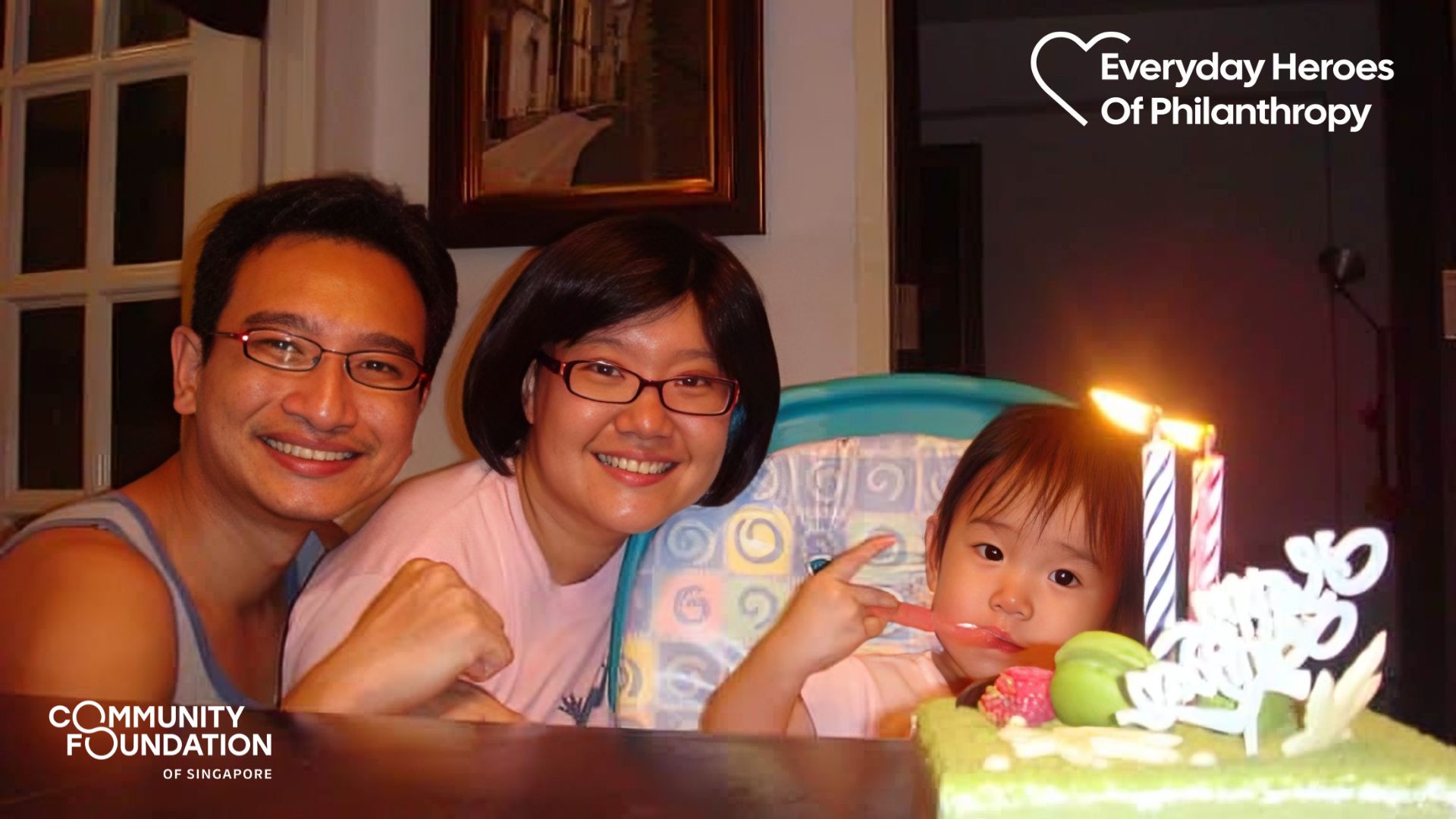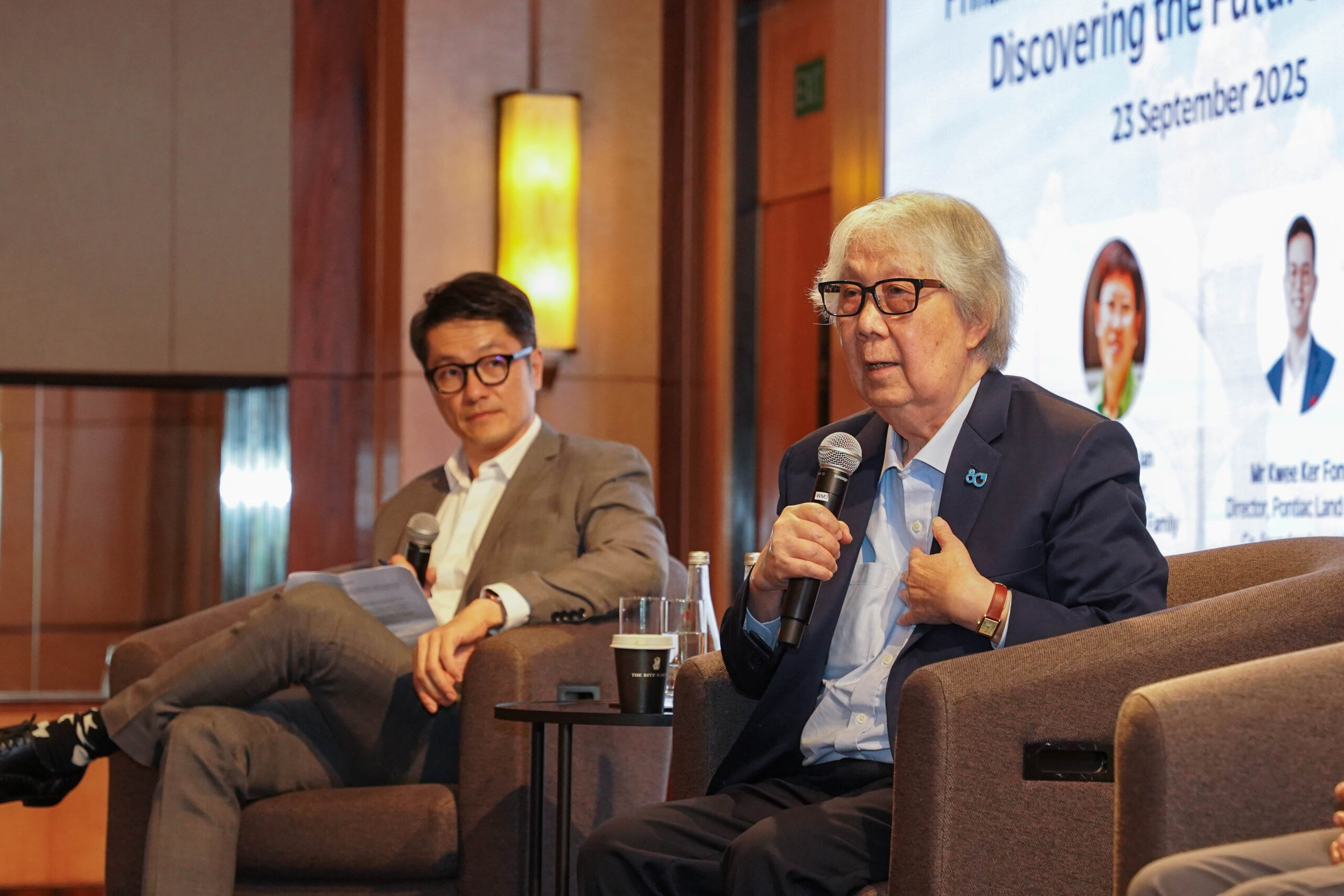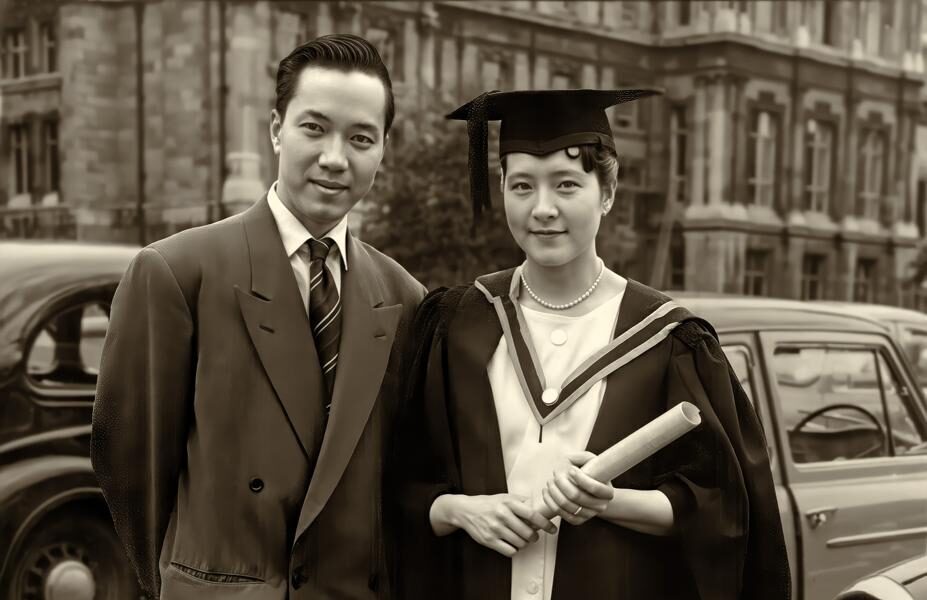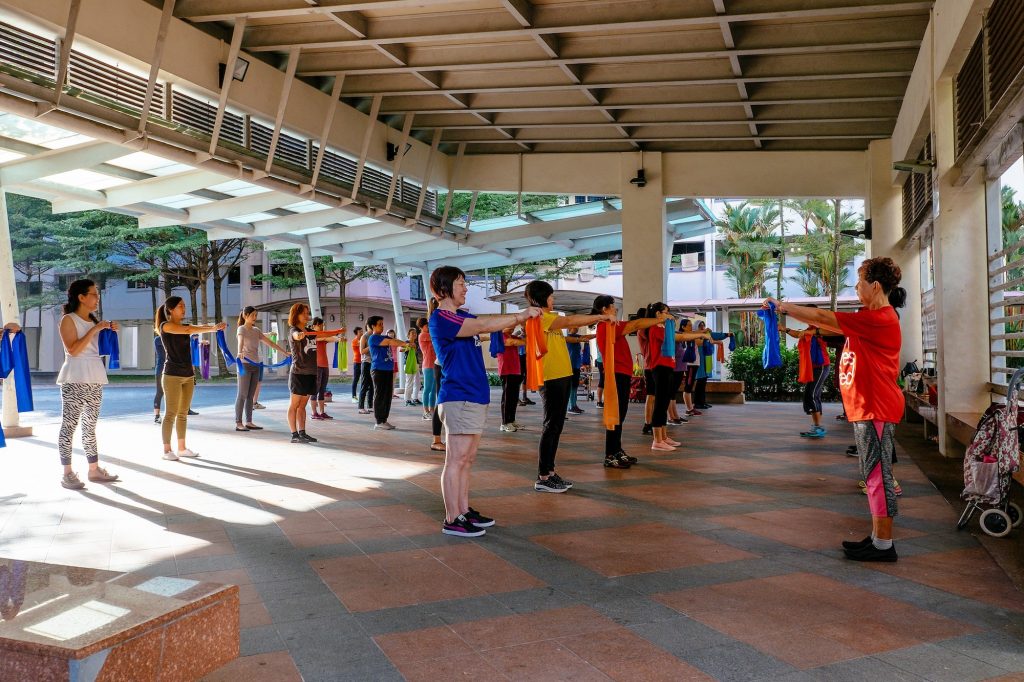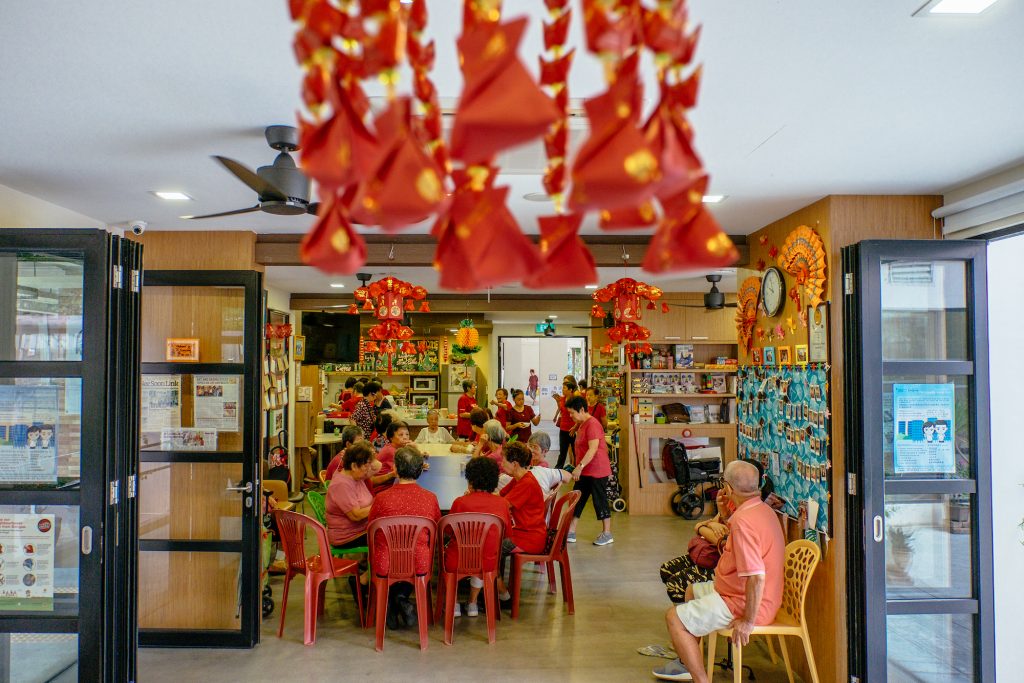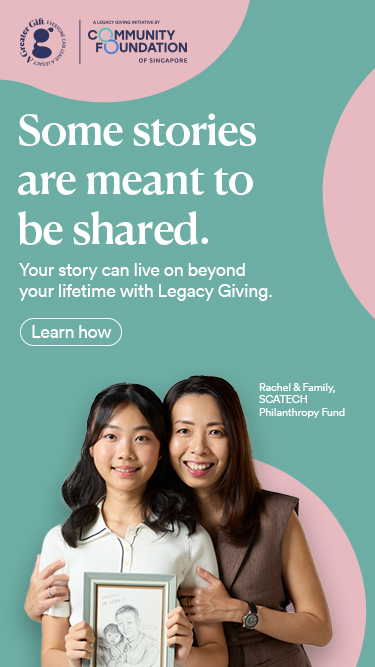Seniors Colabs learning journey #2: Wellness Kampung – entrusting the community to care for itself


On the second learning journey for Seniors Colabs, a small group of participants met early on a weekday morning to observe how a community space called Wellness Kampung in Chong Pang estate can be designed and run by residents.
Set up in April 2016, Wellness Kampung is a network of three activity centres in Chong Pang, Nee Soon Central and Nee Soon East. The network was launched as a partnership between Yishun Health, St. Luke’s ElderCare and Nee Soon Grassroot Organisation with one simple belief – that taking charge of one’s health is easier with the support of the community.
The day’s programme began with an hour-long exercise session led by Madam Aneesa, 49, a resident who volunteered to learn and teach the Wednesday morning resistance band class. By mid-morning, the centre was a hive of activity as an army of ladies cooked up a storm in the kitchen, while at the other end of the room, residents recorded their blood pressure readings and compared their daily step count with pedometers. The centre was bright and airy, with doors on opposite sides of the void deck kept wide open. Residents came in and out, on their way to various parts of the neighbourhood.
Mr Woo Yew Kah, Centre Manager and its only paid staff, explained that residents are in charge of what happens and how the centre is run. “They have the key and they open and close the centre every day. Only when they quarrel, then I have to mediate,” he explains with a laugh.
Colabs participants were impressed with the high level of trust between management and community, which they felt played a key role in empowering the residents and sustaining the programmes over the long-run. Some also observed that the centre’s wellness goals are not overtly prescribed but rather seamlessly integrated into day-to-day activities, which made leading a healthy lifestyle more natural and enjoyable.
The learning journey presented new insights on how shifts in perspectives by funders and policy-makers can create a conducive environment for community-driven efforts. Leveraging the strength of individuals, such ground-up initiatives would then able to meet the needs of seniors more effectively.
Colabs is a philanthropic initiative by the Community Foundation of Singapore and the National Volunteer and Philanthropy Centre. It drives collaboration by bringing together the public, private and social sectors to tackle complex social issues. It enables philanthropists, businesses, non-profits and sector experts to collectively build insights and co-create solutions for lasting change.
On the second learning journey for Seniors Colabs, a small group of participants met early on a weekday morning to observe how a community space called Wellness Kampung in Chong Pang estate can be designed and run by residents.
Set up in April 2016, Wellness Kampung is a network of three activity centres in Chong Pang, Nee Soon Central and Nee Soon East. The network was launched as a partnership between Yishun Health, St. Luke’s ElderCare and Nee Soon Grassroot Organisation with one simple belief – that taking charge of one’s health is easier with the support of the community.
The day’s programme began with an hour-long exercise session led by Madam Aneesa, 49, a resident who volunteered to learn and teach the Wednesday morning resistance band class. By mid-morning, the centre was a hive of activity as an army of ladies cooked up a storm in the kitchen, while at the other end of the room, residents recorded their blood pressure readings and compared their daily step count with pedometers. The centre was bright and airy, with doors on opposite sides of the void deck kept wide open. Residents came in and out, on their way to various parts of the neighbourhood.
Mr Woo Yew Kah, Centre Manager and its only paid staff, explained that residents are in charge of what happens and how the centre is run. “They have the key and they open and close the centre every day. Only when they quarrel, then I have to mediate,” he explains with a laugh.
Colabs participants were impressed with the high level of trust between management and community, which they felt played a key role in empowering the residents and sustaining the programmes over the long-run. Some also observed that the centre’s wellness goals are not overtly prescribed but rather seamlessly integrated into day-to-day activities, which made leading a healthy lifestyle more natural and enjoyable.
The learning journey presented new insights on how shifts in perspectives by funders and policy-makers can create a conducive environment for community-driven efforts. Leveraging the strength of individuals, such ground-up initiatives would then able to meet the needs of seniors more effectively.
Colabs is a philanthropic initiative by the Community Foundation of Singapore and the National Volunteer and Philanthropy Centre. It drives collaboration by bringing together the public, private and social sectors to tackle complex social issues. It enables philanthropists, businesses, non-profits and sector experts to collectively build insights and co-create solutions for lasting change.
- Related Topics For You: CHARITY STORIES, COLABS, COLLECTIVES, EVENTS, HEALTH, MENTAL WELLBEING, SENIORS, STORIES OF IMPACT
